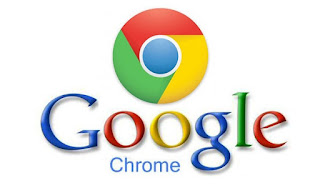The web giant is now promoting a new type of web applications, namely Progressive Web Apps. Their main advantage: they would not be linked to a particular browser.
The last few hours have come for Chrome Web Apps, these web applications that can be installed in the Chrome browser and that take on the appearance of real desktop applications, including access to some physical resources of the machine. (file system, USB, Bluetooth, etc.). The idea of Google was to generalize the use of web technologies, but this strategy did not convince: 1% of users in Chrome only actually use these applications.
In 2016, the California firm announced the upcoming withdrawal of Chrome Web Apps. She just took action by removing the "Apps" section of the Chrome Web Store. From now on, this online store only refers to browser extensions and themes. As noted Ars Technica, these applications are still accessible on the Chrome Web Store provided they know their links. But this is only a reprieve. By the end of the first quarter of 2018, it is planned to completely disable Chrome Web Apps on Windows, Mac, and Linux, including those that have already been installed. However, these applications will continue to exist on Chrome OS, under the name of "Chrome Apps".
Everyone tinkers in his corner
But Google has not abandoned its goal of distributing web applications on workstations. In an email sent to Chrome Web Apps developers, the publisher is now promoting "Progressive Web Apps" (PWA), a new trend among web developers. The idea is the same as Chrome Web Apps: it's about creating native-like applications for fixed and mobile devices with web technologies. The big difference is that they would not be linked to a specific browser, platform or store. In theory at least, because there is not really a standard for PWA. For now, everyone tinkers a little in his corner and it is not certain that interoperability is really assured in the long run.
Google engineers believe they can deliver a relatively finalized application environment by mid-2018. Similar architectures are also being implemented at Microsoft, Mozilla and Opera. Even Apple - which remains very focused on native apps - starts to stick to it. On the webkit.org website, we can see that the main technological bricks of the PWA - namely Web App Manifest and Services Workers - are now developing at the level of the rendering engine of the Cupertino company.
